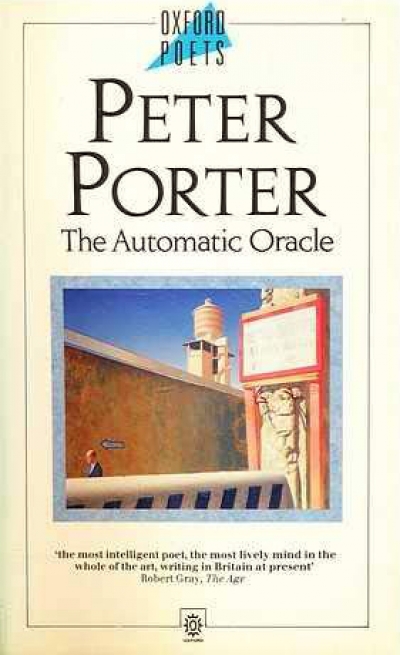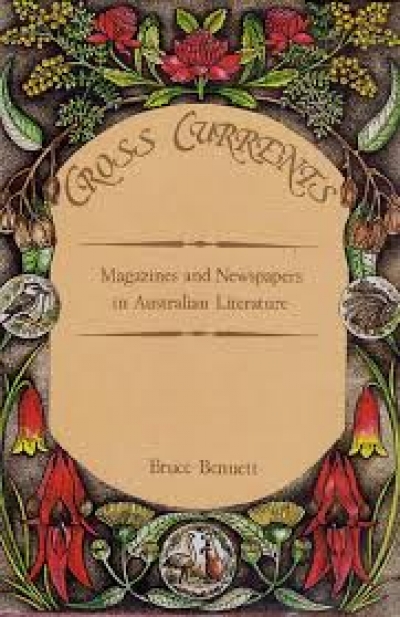The index to this literary history lists four references – one neutral, three critical – to Leonie Kramer as the editor of the 1981 The Oxford History of Australian Literature and one each to the publication itself, to Adrian Mitchell, who was responsible for the survey of fiction, and to Vivian Smith as the author of the section on poetry – there is no reference to Terry Sturm, who wrote on drama. None of the sixteen critics and scholars who contributed to the new survey engages in any significant manner with the aims and aspirations of that publication, even ‘though it is acknowledged in the Introduction – together with the work of H.M. Green, Cecil Hadgraft, Geoffrey Dutton, G.A. Wilkes, Ken Goodwin, Laurie Hergenhan, Bob Hodge, and Vijay Mishra – as providing ‘frameworks and a background of references’. The implication seems to be not so much that The Oxford History of Australian Literature reflects an unjustifiably conservative view of national literature – a complaint that arose almost as soon as it was published – but that its methods, ideals, and emphases are irrelevant to the literary culture of the late nineties.
...
(read more)




